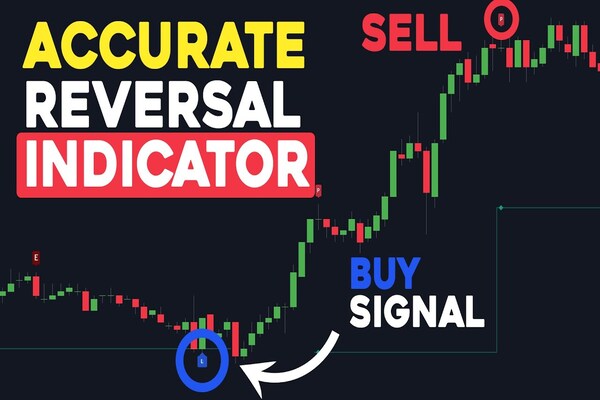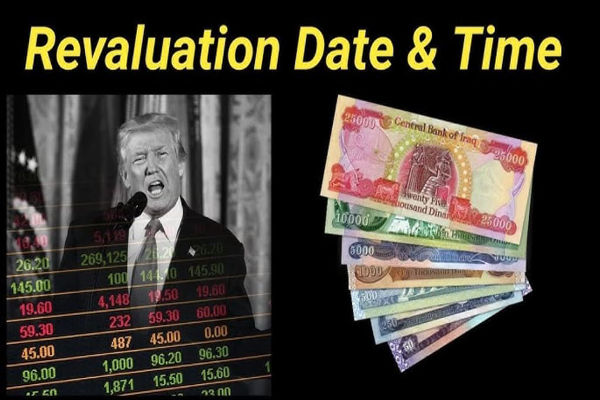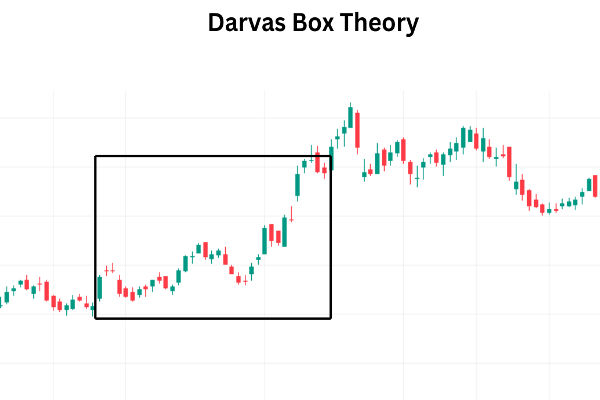The foreign exchange (forex) market, with a daily trading volume exceeding $7.5 trillion as of 2025, offers significant opportunities for traders worldwide.
Unfortunately, as the largest financial market globally, its decentralised and largely unregulated nature makes it susceptible to fraudulent schemes or forex scams.
It is undoubtedly a reality, and understanding it helps novice and experienced traders safeguard their investments.
3 Real-Life Examples of Forex Scams
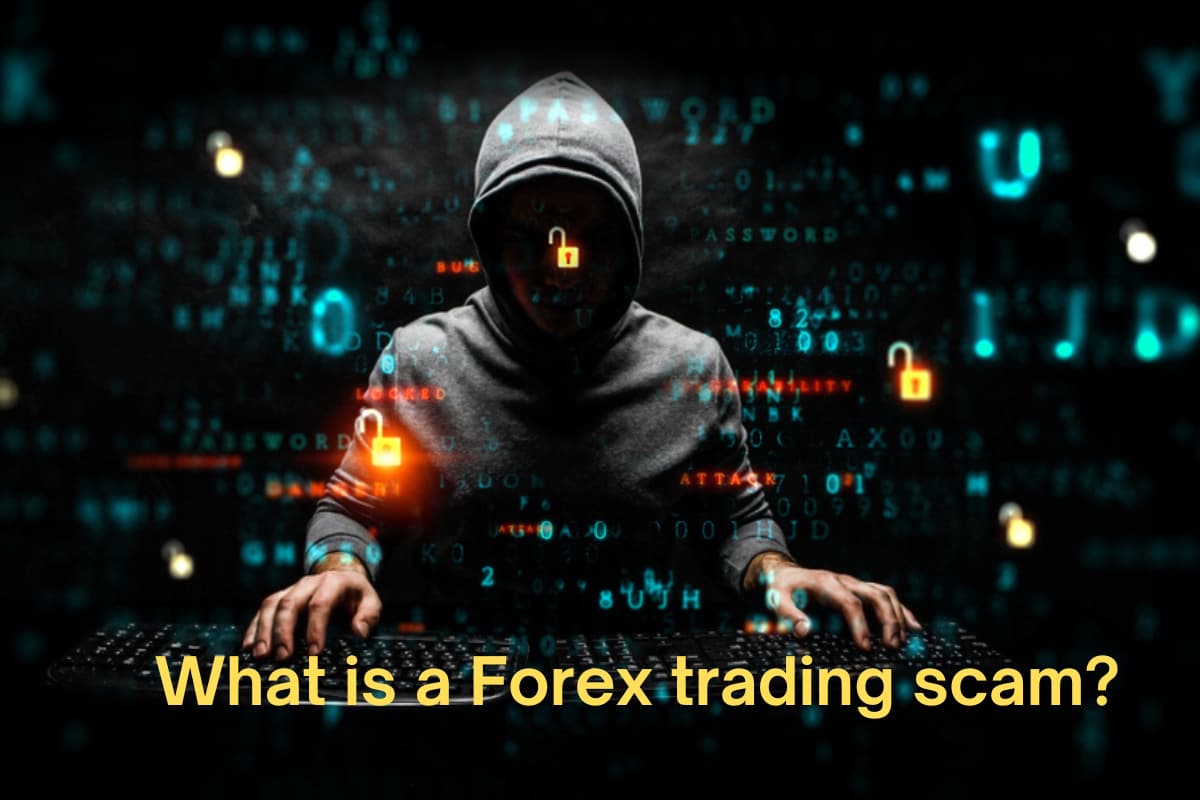
1. The 2013 Forex Scandal
In 2013, a massive financial scandal revealed that traders from several prominent banks colluded to manipulate foreign exchange benchmark rates for their gain.
This malpractice affected the $4.7 trillion-per-day forex market and led to significant financial losses for clients. Regulatory authorities in multiple countries imposed fines exceeding $10 billion on the implicated banks.
2. The "Pig Butchering" Scam
In a scheme known as "pig butchering," scammers approached victims via messaging apps, often posing as attractive individuals, and lured them into fake forex investments. Victims were encouraged to invest through fraudulent platforms like "MetaTrader."
In July 2024, over 50 U.S. residents, including professionals such as doctors and lawyers, fell victim to this scam, resulting in collective losses of approximately $150 million. Legal actions were initiated in the New South Wales Supreme Court to recover the stolen funds.
3. Deutsche Bank's Mis-Selling of Forex Derivatives
In March 2025, Spain's National Securities Market Commission (CNMV) fined Deutsche Bank €10 million for mis-selling risky foreign exchange derivatives to corporate clients.
The bank failed to adequately inform clients about the associated risks, resulting in substantial losses and pushing some companies toward insolvency. This fine was one of the largest ever imposed by the CNMV.
Understanding Forex Scams
Forex scams involve deceptive practices aimed at defrauding traders by promising high returns with minimal risk. These scams exploit the complexities of the forex market and often target individuals seeking quick profits. Common types of forex scams include:
Signal-Seller Scams: Individuals or companies offer purportedly expert trading signals for a fee, claiming these signals guarantee substantial profits. Often, these signals are unsubstantiated and lead to significant losses.
Robot Scams: Automated trading systems, or "robots," are sold with promises of guaranteed profits. These systems frequently lack transparency and fail to deliver the advertised results.
Point-Spread Manipulation: Some unscrupulous brokers manipulate bid-ask spreads to their advantage, increasing clients' trading costs and diminishing potential profits.
Unregulated Brokers: Entities operating without proper regulatory oversight may engage in unethical practices, such as refusing withdrawals or misusing client funds. Verifying a broker's regulatory status is essential.
Romance Scams: Fraudsters establish fake romantic relationships online to lure individuals into forex trading schemes, often resulting in financial and emotional distress.
Recognising Red Flags
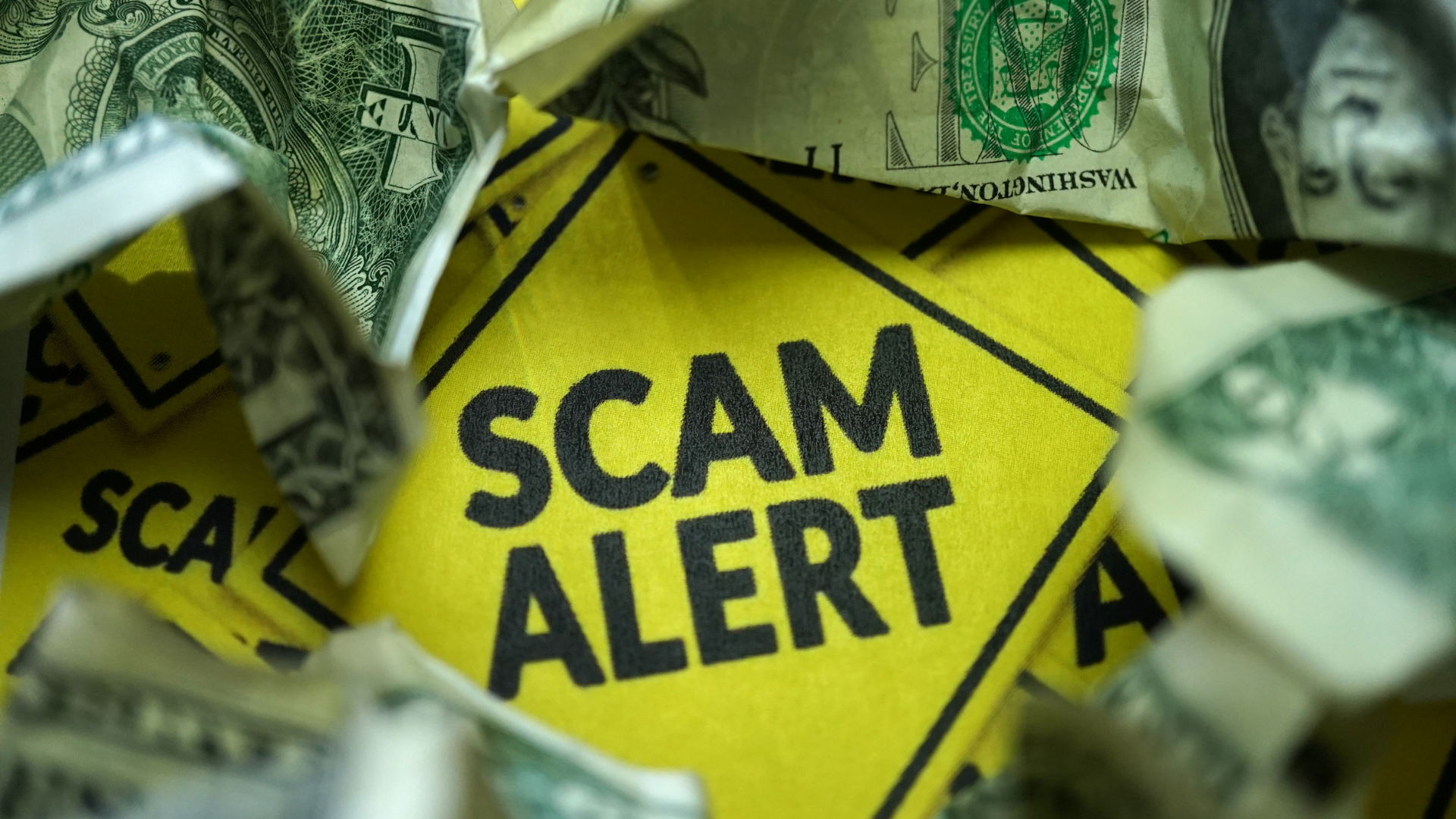
To protect oneself from forex scams, it's crucial to be aware of common warning signs:
Guaranteed Returns: Promises of high, risk-free returns are unrealistic in the volatile forex market. Legitimate trading involves inherent risks and no assured outcome.
Unsolicited Offers: Unexpected communications promoting forex investments, specifically through social media or messaging apps, often indicate fraudulent intent.
Pressure to Invest Quickly: Scammers may create a false sense of urgency, pushing individuals to invest without adequate time for due diligence.
Lack of Transparency: Legitimate brokers provide clear information about fees, trading conditions, and regulatory status. Opaque or evasive responses are cause for concern.
Difficulty Withdrawing Funds: Trouble in accessing your money, such as delays or additional fees, heavily indicates potential scams.
What to Do If You Fell Victim
If you suspect you've fallen victim to a forex scam:
Cease All Communications: Immediately stop interacting with the suspected scammer to prevent further losses.
Document Everything: Gather all relevant communications, transaction records, and promotional materials related to the scam.
Report to Authorities: File a complaint with regulatory bodies like the CFTC or NFA. In the U.S., the CFTC provides resources for reporting forex fraud.
Notify Your Financial Institution: Inform your bank or payment provider about the fraudulent activity to explore potential recovery options.
Seek Legal Counsel: Consult with an attorney specialising in financial fraud to understand your rights and possible remedies.
Preventative Measures

To mitigate the risk of falling victim, follow these measures:
Verify Broker Credentials: Ensure the broker is registered with relevant regulatory bodies, such as the Commodity Futures Trading Commission (CFTC) or the National Futures Association (NFA). Regulated brokers adhere to standards designed to protect investors.
Conduct Thorough Research: Investigate the broker's history, reviews, and any regulatory actions. Manage and utilise resources like the NFA's Background Affiliation Status Information Center (BASIC) to check for compliance.
Be Skeptical of High-Pressure Sales Tactics: Reputable firms allow investors time to make informed decisions. Be cautious of entities that pressure you to act swiftly.
Avoid Sharing Personal Information: Protect sensitive data and be wary of unsolicited requests for personal or financial details.
Start with Small Investments: Test the broker's services with a modest amount before committing significant funds. This approach helps assess reliability and service quality.
Conclusion
In conclusion, forex scams are a harsh reality in the trading world, with people exploiting the market's complexity for the allure of quick profits. By staying informed, conducting diligent research, and remaining vigilant for red flags, traders can significantly reduce their risk of falling victim to these fraudulent schemes.
Remember, in forex trading, as in all investments, if an opportunity seems too good to be true, it likely is.
Disclaimer: This material is for general information purposes only and is not intended as (and should not be considered to be) financial, investment or other advice on which reliance should be placed. No opinion given in the material constitutes a recommendation by EBC or the author that any particular investment, security, transaction or investment strategy is suitable for any specific person.





